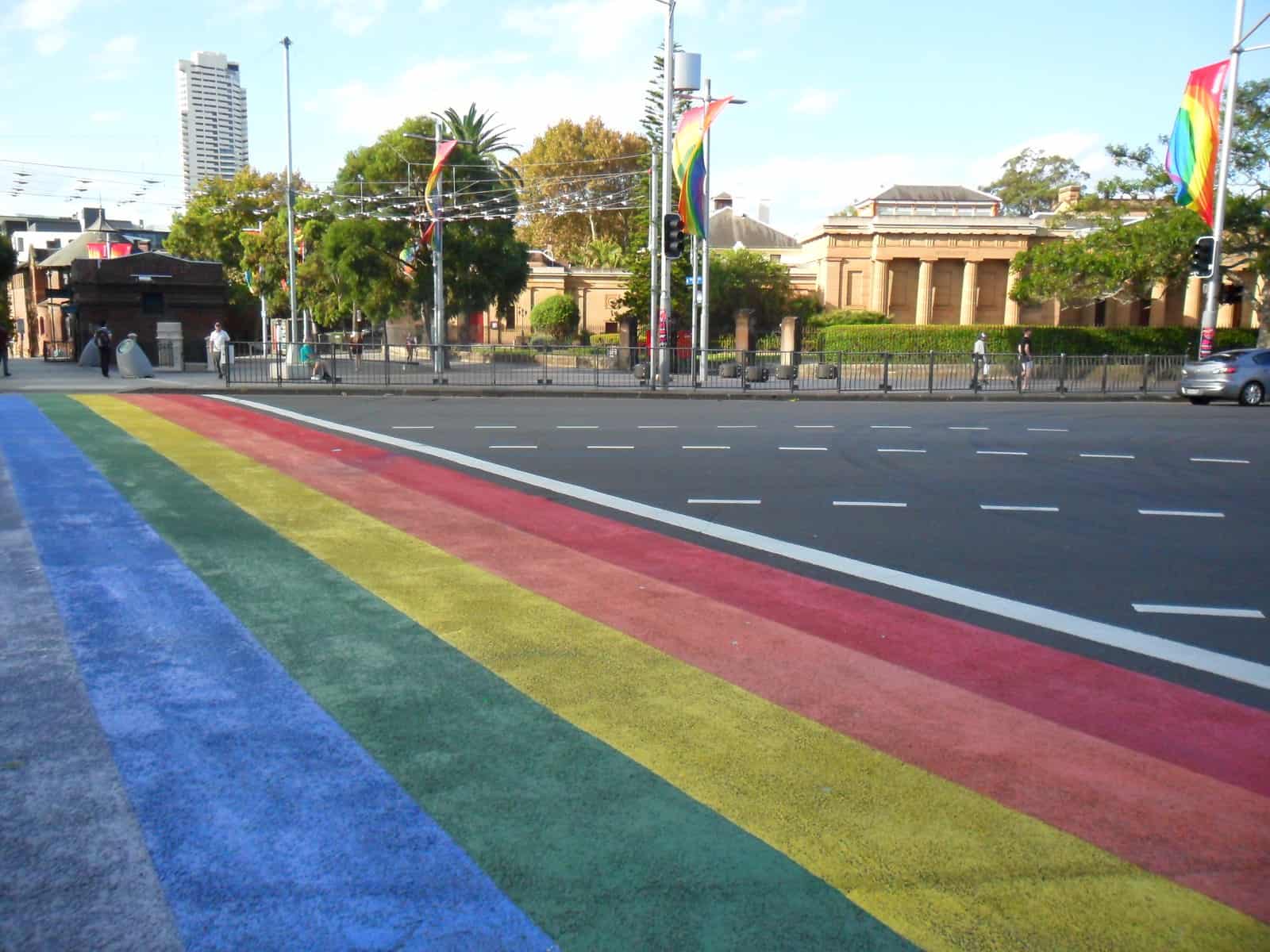While it can be daunting to consider your death, it is an inevitable fact of life.
At DTL, it is our view that there is no better time than the present to ensure that you are taking the first practical step to making a Will and preparing other related estate documents, such as Powers of Attorney and Enduring Guardian documents.
A Will is a legal document which sets out who you decide to leave your property and possessions to. A will also allows you to give other items of significance to your loved ones, including intellectual property.
Without a Will, you risk your assets going to people you do not want to inherit from your estate.

What makes a Will valid?
There are a number of formal requirements that must be satisfied for a Will to be valid, and these are:
- it must be in writing, (it can be handwritten, typed or printed);
- it must be signed by the testator (the person making the Will); and
- the testator’s signature must be witnessed by two people who have identified themselves with sufficient particularity.
It is important that the witnesses to your Will are not listed as your beneficiaries and / or spouse. You also must have testamentary capacity when you sign your Will. This means that you must be able to understand the meaning and practical effect of the Will.
What is probate? Is it important?
Probate is an order granted by the Supreme Court of New South Wales. It confirms that a Will is valid, and the executor has permission to distribute the estate according to the Will’s provisions.
If you die without owning property and have limited assets overall, then your estate may not need to go through probate. However, in circumstances where there is a complex Will and / or a large asset pool for distribution, probate is necessary.

What are the steps to a probate application in NSW?
The steps towards administering an estate through probate are as follows:
- gather supporting documents;
- publish a probate notice;
- wait 14 days;
- submit a probate application including an affidavit from the executor;
- respond to requisitions from the Court.
The cost for applying for a grant of probate will depend on the value of the assets for distribution. Generally, probate is a linear process and there are prescribed fees that lawyers must charge for estates of certain value.
A probate application and the necessary notifications need to be submitted to the Supreme Court of New South Wales as soon as practical. If an application for probate is filed after six months from the deceased’s death date, the executor must also provide an explanation to the Court in relation to the delay.
What happens if I do not make a Will and die, do my family and friends still able to receive part of my estate?
If you die without a Will, you are considered to have died ‘intestate’.
In NSW, intestacy rules are governed by the Succession Act 2006 (NSW) which determines how your assets are to be distributed. In some instances, this could mean that all your assets are distributed to a surviving spouse. If a person dies without a surviving spouse, then the assets can be distributed by the order of relatives who are eligible to inherit:
- your children
- your parents
- your grandparents
- your aunts and uncles
- your cousins.
If you do not have eligible relatives, then your estate will pass to the State.
What can complicate administration of an estate?
Dowson Turco often sees clients with complex circumstances. Sometimes clients have died In circumstances where they have a spouse, but the relationship has broken down irretrievably, and they also have a de facto partner. Such situations require careful consideration by your legal team, advice and sometimes legal representation in estate litigation.

Contact us
We are Australia’s only out loud and proud LGBTIQ law firm, servicing all communities. Our estates lawyers have decades of experience working on simple and very complex matters. They will help you navigate the legal system with empathy and support. Get in touch by emailing us at enquiries@dowsonturco.com.au, visiting our Facebook page or connecting with us on LinkedIn. You can also call us on 8000 7300.


